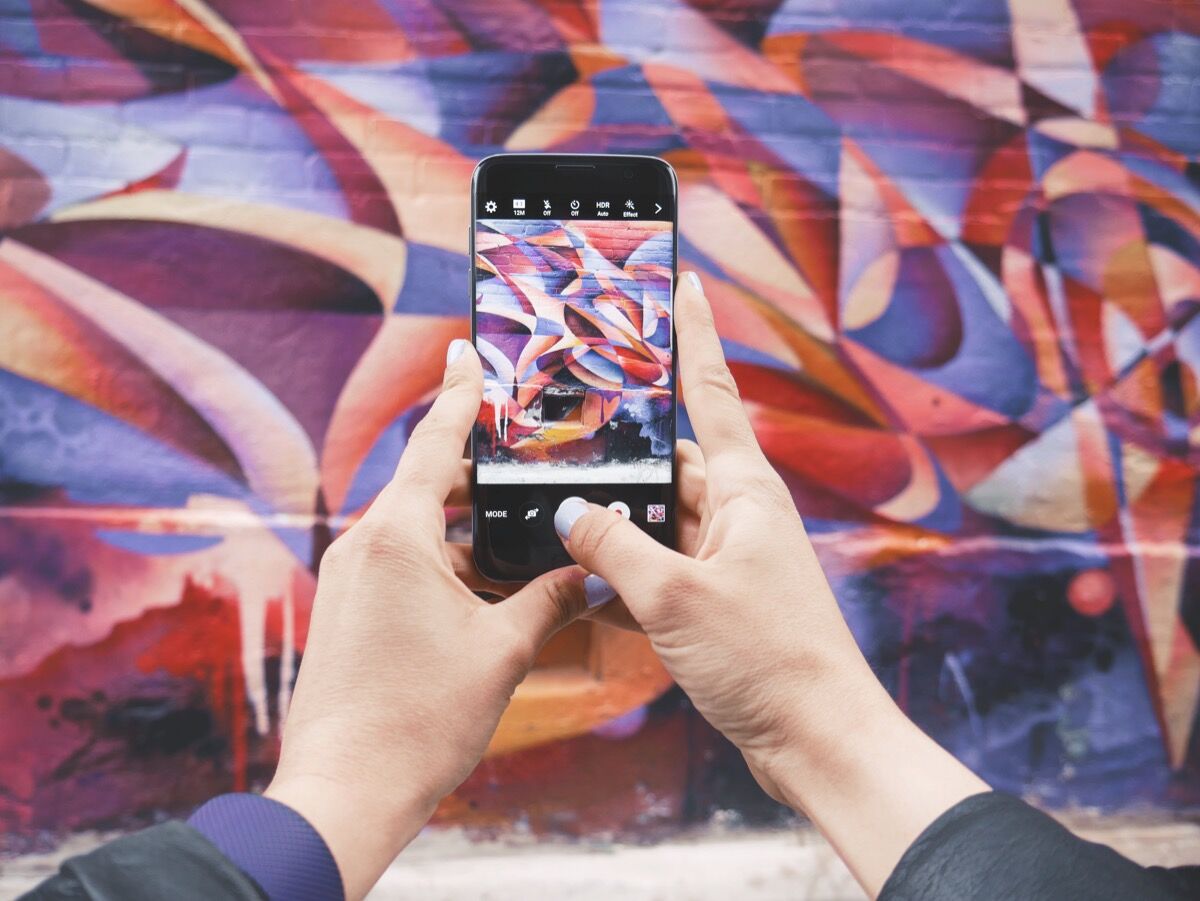Artsy: Imagine it’s the summer of 2021, and an artist based in Berlin is uploading an image she created to express her support for the candidate vying to be Germany’s next chancellor—whomever she or he turns out to be—in the style of Shepard Fairey
’s iconic 2008 Barack Obama Hope campaign poster to Facebook. Before the image hits the news feed, a recently introduced Facebook upload filter checks the artist’s image against a vast database of copyrighted materials, turning up Fairey’s poster and countless other images in a similar style. The artist’s upload is denied; she can appeal the filter’s decision, but the process could take weeks, by which time the election will have passed and the image may be irrelevant. She gives up on sharing her artwork.

3 comments:
Honestly, I feel like this, as with many other well intentioned regulations, is going to end up hindering those with more innocent intent while those actually knowledgeably doing wrong by copyrights will slide by. There’s a weird gray area with mimicry in art. The example given at the beginning of the article detailed a women sharing her support for a political candidate via an Obama Era “Hope” style poster she had created. She has no intent of making a profit and it is only with a certain deference and respect that that sort of copycat work is created in the first place. I have no actually read copyright law and don’t fully understand the depths as to what is okay and what isn’t; however, there are entire artforms built on the shoulders and skeletons of previous works. The complexities of copyright law need to not only protect the original artist but the future creator. Perhaps there should be a function that checks proper citation instead; it would allow new artists to not only share and get recognition of their works, but the original artist would get the name credit they deserve.
I think it's wonderful that the EU is looking to update its copyright regulations. That being said, I think that it is important that content creators are a part of these conversations. Although lawyers who specialize in intellectual property are a necessary part of the conversation, content creators know how best to protect their copyrights. Youtube and Social Media Creators know what the biggest problems are with the current situation and know how the proposed laws would affect their industry. I also wondered while reading this article how the automated filtering process will be improved. The article mentioned that these systems can be the problem because they can not tell the difference between copyrighted material and normal sounds. To me, it sounds as though some of these problems could be solved with improvements to this systems. It will be interesting to see how these regulations get tweaked in the coming months before it gets voted on.
This is one of those things that comes from good intentions, sounds like a good idea, but would probably end up backfiring on people who are not trying to be malicious or steal other people’s content.
In an age of technology, it is becoming harder and harder for people to protect their “property” and the definition of property has had to change accordingly. Do I own my thought that I posted on Facebook? What about a photo of my dog, or myself? What about the short film I worked on for months and posted onto Youtube? It become hard to draw the line when it comes to intellectual and artistic properties, so I see where this amendment is coming from, and I don’t think it’s a bad idea. But I think that it will need to be altered and updated as situations change because it definitely has the power to go in a bad direction, suppressing right of expression and freedom of speech and whatnot. But I’m at least glad that this is an issue people are thinking about, whether this is the right solution or not.
Post a Comment